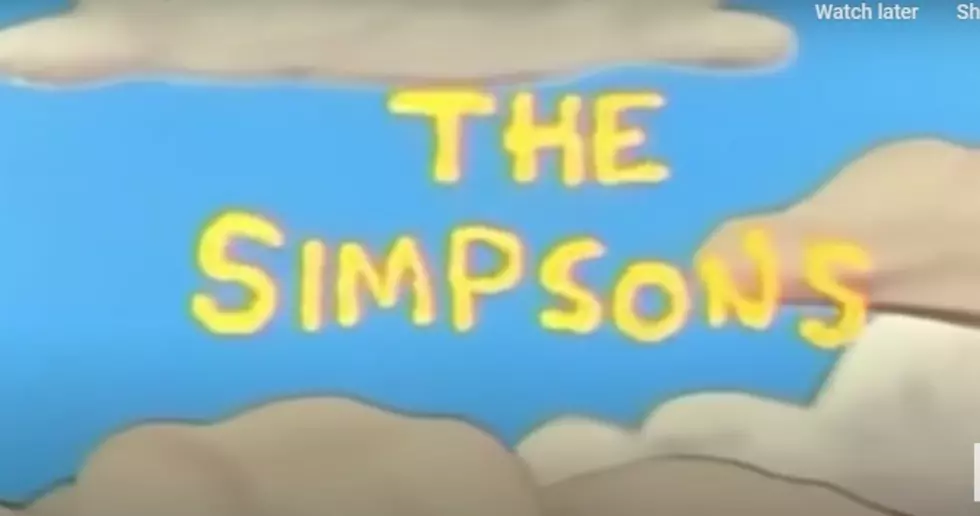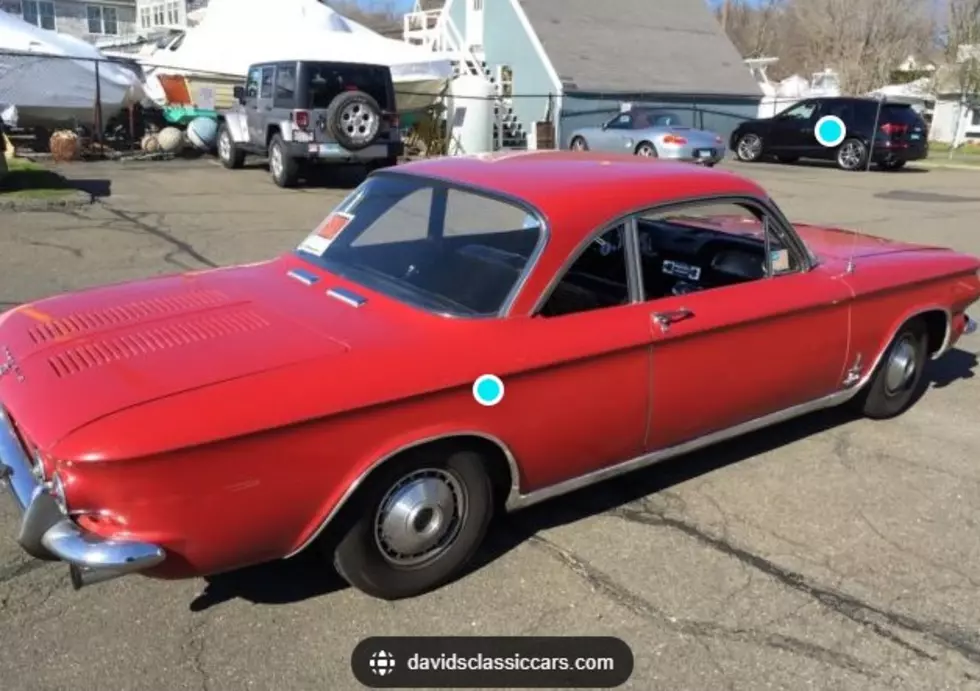
It’s easy to recover old music on tape, if you have a PHD.
The debate goes on. Regarding music recordings, what's better, analog or digital? Well, in my opinion, it really depends on your budget. In my opinion the average person can't afford the kind of money it would cost to really hear the difference between analog and digital. But if you do have giant boxes of money, you might be able to hear the difference.
Even among modern recording engineers the debate goes on. Some record all digital with unbelievable sample rates (24/192 or higher with DSD). Some record analog and then transfer it to digital to work with it. And also, some just stick with analog.
There's a number of different methods for digitizing audio, but this is a new one and it's kind of exciting because it has to do with tape recordings. Old analog tape recordings have a tendency to degrade over time. Two major problems exist. One is the plastic or mylar tape. (If you go back far enough, it's acetate.) And the second major problem is as magnetic tapes get old the iron oxide has a tendency to flake and peel off of the mylar backing as it passes through the tape guides and recording heads. One thing you can do is bake the tapes in an oven before you play them back that helps a little bit.
Also, the more times you play the tape the signal that is magnetically printed on the tape gradually degrades. There's also a recording phenomenon called “print through”. Which is easily demonstrated by listening to Led Zeppelin's “Whole Lot Of Love”. As Robert Plant is wailing “way down inside, you need me” you will hear a faint pre-echo. That pre echo is called print through. It occurs when the signal of one layer of tape prints through to the next layer of tape. That pre-echo was not intentional by the engineer, but he couldn't make it go away, so they just lived with it and now it's iconic.
Now we have a new way of restoring audio from old magnetic tapes.
According to phis.org.
“Researchers are developing a technique that uses the special synchrotron X-ray light from the Swiss Light Source SLS to non-destructively digitize recordings from high-value historic audio tapes.”
The physicist's name is Sebastian Gliga with PSI and is an expert in what is called nano magnetism. He and his team have been working with the Swiss National Archives to restore old master recordings from the Montreux Jazz Festival. The project is being called the Montreux Digital Jazz Project.
To me, this is an exciting prospect but it's also very limited because who can afford it. It's cutting-edge research using millions of dollars of one-of-a-kind hardware.
I have some old reel to reel tapes I would like to digitize.
I do have to admit, I would love to hear some of those old Montreux Jazz Festival archive tapes.
Maybe B.B. King live at Montreux 1980.
A physicist uses X-rays to rescue old music recordings
5 Ways To Use Your Old VCR Tapes
Gallery Credit: Brandi Hunter
Cassette Canvases: Musical Portraits Made With Tape




